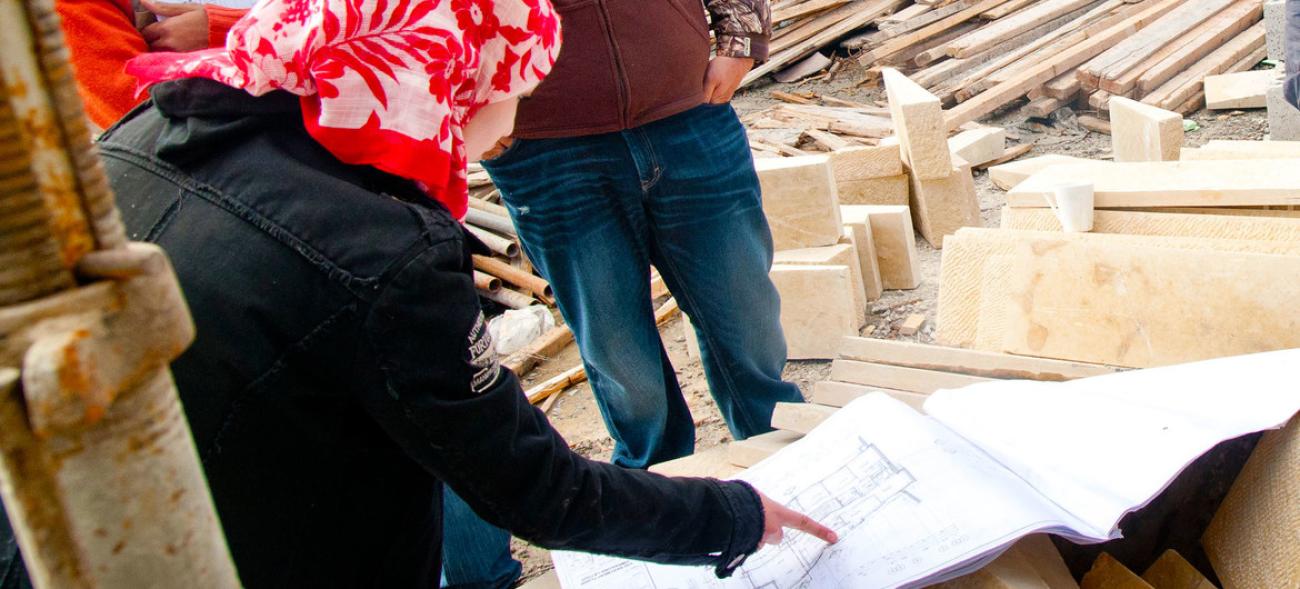Young women are fighting interconnected battles for “environmental, economic and racial justice”, the deputy UN chief said in a discussion on September 3.
UN Deputy Secretary-General Amina Mohammed told the second of a series of roundtable discussions with renowned women economists that she was honoured to witness the bold ideas put forward by “a generation that is confronted by a world increasingly characterized by closure, rather than openness, xenophobia, rather than tolerance, vulnerability, rather than security, and, above all, a world haunted by the existential threat of climate change”.
Failure without women
The deputy UN chief highlighted a “unique moment” presented by COVID, one in which “stakeholders are willing to discuss the hard questions” as they relate to economic models and financial architecture where innovative solutions were once “relegated to the fringes of economic thought”.
“This would not have been possible even a few months ago”, she flagged, urging everyone to capitalize on the moment and “reorient the global financial system to make it truly work for all”.
Recognizing that systemic problems will continue to persist “unless significant action is taken”, she concluded her remarks by expressing confidence that “we are crafting the solutions we need for a more resilient, equal, inclusive and sustainable world as we overcome the COVID-19 crisis and achieve the Sustainable Development Goals”.
Seismic shifts
Meanwhile, in his opening video remarks, Secretary-General António Guterres noted that as the social and economic fallout from the pandemic grows “ever more severe”, and the longer-term structural consequences “increasingly evident”, COVID-19 induced “seismic shifts” requiring bold ideas and innovative solutions, “particularly from younger generations”.
Recognizing that the impacts of the pandemic “have yet to be fully realized”, Mr. Guterres stressed the need to reskill young workers with the right abilities for the future economy.
“These include investing in technology skills, human skills that can’t be replaced by automation, and those aligned with green jobs”, the UN chief detailed.
Bold actions needed
Turning to the climate emergency, the top UN official said, “we face an existential crisis that is getting worse by the day”.
“We need polluters to pay for their pollution, an end to subsidies for fossil fuels and no new coal-fired power plants”, he spelled out, adding “we need bold actions that balance people, planet and prosperity”.
“These must be central to strategies that will allow us to recover better”, concluded the Secretary-General.






